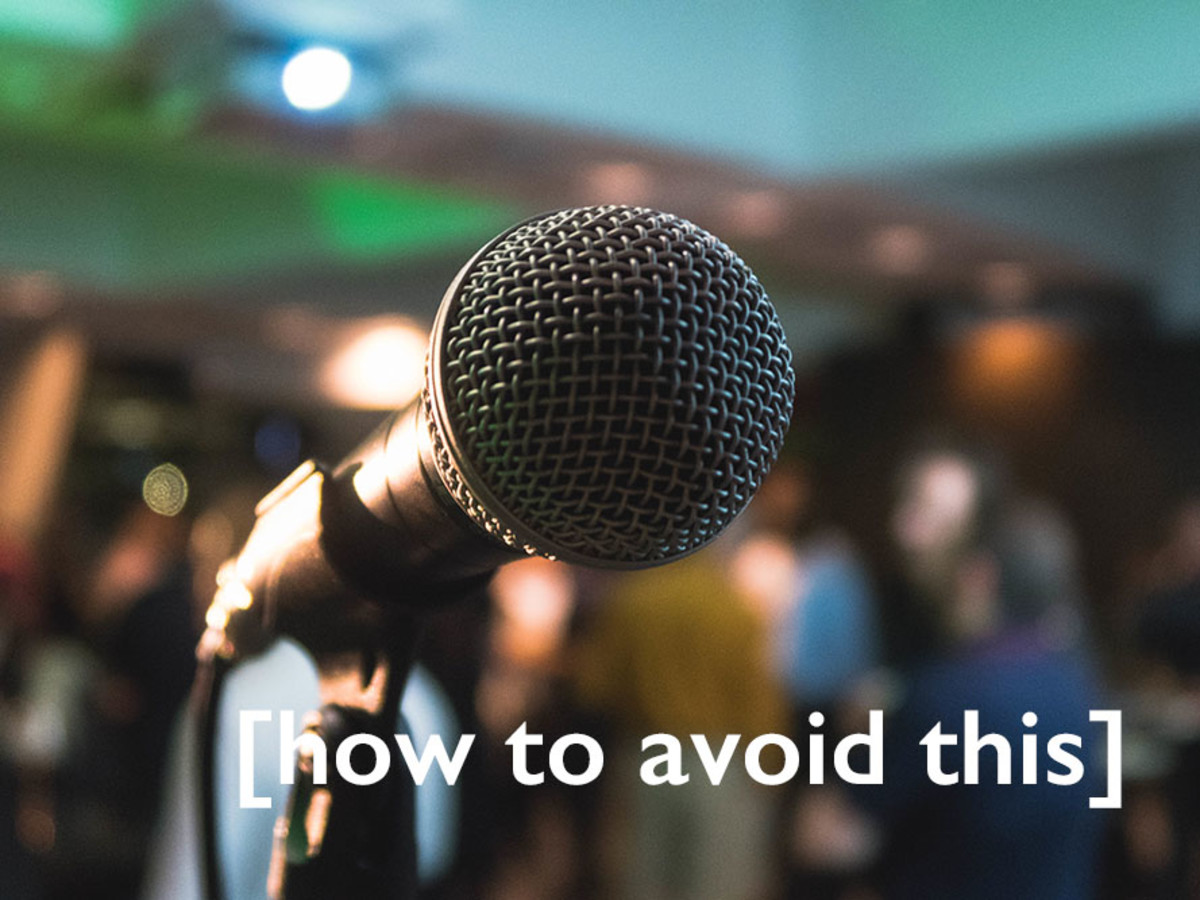
Eight ways digital platforms help introverts contribute great ideas
Sarah Hutchinson7 Nov 16
Are you an introvert too?
Our ideas are just as good as anyone else and yet in unstructured face-to-face meetings, especially in large groups, they rarely get heard. This blog post celebrates how digital technology has enabled us to get our ideas across on an equal platform, and ponders some of the inventions that could really help us to shine.
So, how has digital technology helped us?
1. We have time to think
Thanks to the rise of instant messaging over conversation, we have more opportunities to read, absorb and think about information before replying. Having ideas in a group with no preparation doesn’t gets the best out of anyone, but it’s especially horrendous for introverts. As more and more communication is written and asynchronous, having time to think becomes a thing of the past.
Susan Cain, a leading introvert advocate, says this of Slack:
“I think remote technologies are great that way. They have a way of leveling the playing field so that everyone feels equally comfortable participating in Slack discussions.”
2. We don’t need to be charismatic
An idea is one thing, how you present it is another. When it’s all written down, for example in a Google Docs, your confidence in presenting on-the-spot is not going to hold you back.
Digital idea generation platforms such as Neonce take this to the next level, structuring the entire creative process so you can judge the ideas not the charisma.
3. We can focus on the conversation
A lot is communicated by tone of voice. Digital technology offers an easy and ubiquitous way to get all the benefits of that without the stress of face to face meetings: phone someone. All of a sudden you can have a ‘real’ verbal conversation and not focus on whether you’re looking people in the eye!
Of course this was possible with analogue phones, but digital technology has dramatically increased how prevalent and available it is.
4. We have ways to escape
Headphones are the perfect division between you and everybody else in any public space, and digital music platforms like Spotify ensure you always have the perfect song to sink into.
Being surrounded by people has many advantages, and is often unavoidable. Listening to music is a way of creating your own personal space within that. Solitude is well documented to have a positive impact on creativity and putting on an inspiring tune is the next best thing.
5. We have a platform
There is a perfect place where you can present your ideas to a huge audience without having to look at them, talk to them or approach them in a crowded room and make small talk. It’s called a blog. Or a vlog, tweet, mass email...you name it. What a luxury: you have time to prepare and a huge (potential) audience.
6. We can work remotely
Because of the ubiquity of digital communication, more and more jobs can be done remotely and so you can actually spend significant amounts of time working in solitude and no one thinks it’s weird: it’s cool! You’re remote workers! You’re a distributed workforce! You’re saving your company money and can just crack on with work rather than navigating a crowded office.
7. New tech: equal contribution in face to face conversations?
I saw a piece of technology at the Design Academy Eindhoven Graduation show that shows a lot of promise for introverts in face to face meetings. It’s an AI algorithm, designed by Henrique Nascimento and Erik Vlemmix, that monitors real time conversations and can interject with references to relevant articles or make syntactical connections between conversations topics.
One of the most exciting things is it can interject if either party is contributing unequally to the discussion. It measures the input from each person and if someone has been talking a lot more than something else it can interject and allow the other person to talk. It’s not bound by social norms about it being rude to interrupt people, so it can ensure everyone has an equal say regardless of how pushy, chatty or long-winded they are.
8. Any questions? Easy contribution at events.
The standard low-tech way to get audience contribution at an event is to ask the audience for questions. In order to have your say you’ve got to quickly jump in, raise your hand and then stand up in front of a crowd of strangers and talk. The choices of what you talk about can be dictated by the most confident voices in the crowd, not necessarily the most interesting.
It’s great to see how digital technology is changing this. Platforms like Slido enable a socially easy way of getting involved. They remove the fear. You can type out your question and make it public through the app. You can even make it anonymous. Suddenly quality of questions and quality of impromptu public speaking are separated. Rejoice! Now, why is this not at every event?







